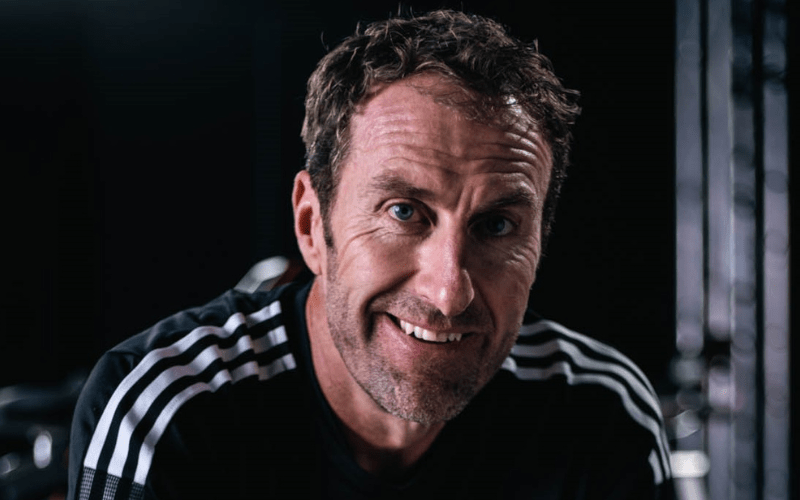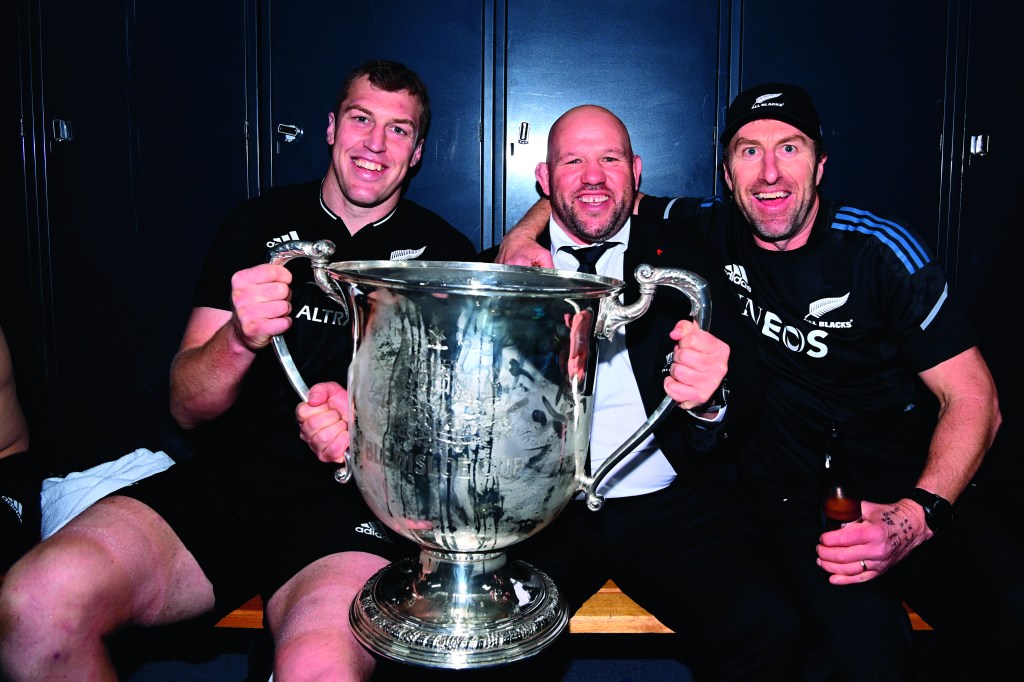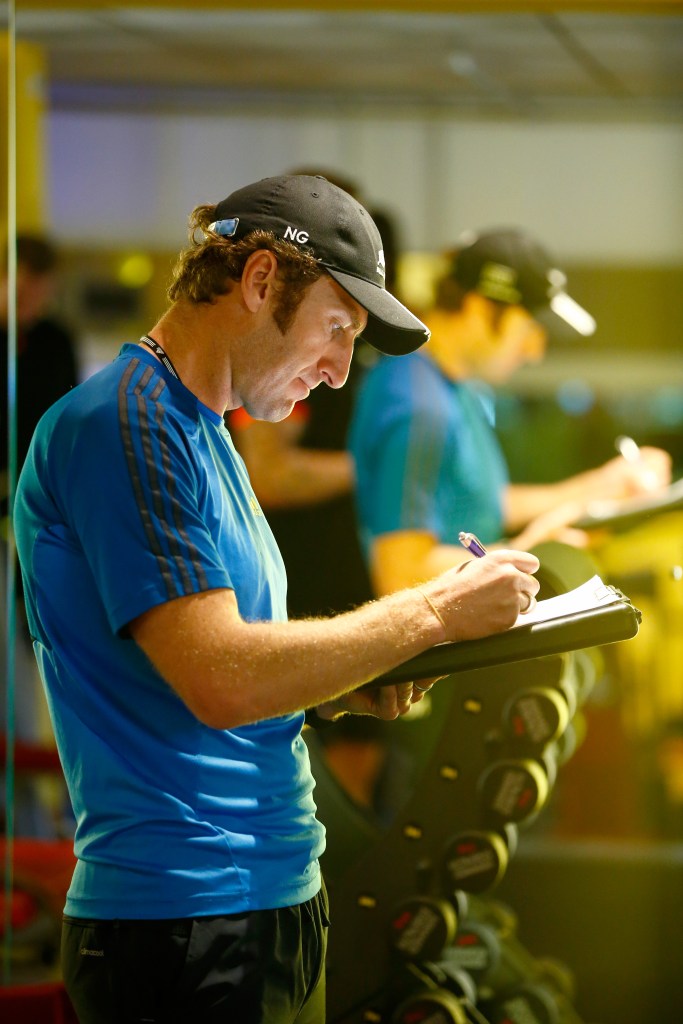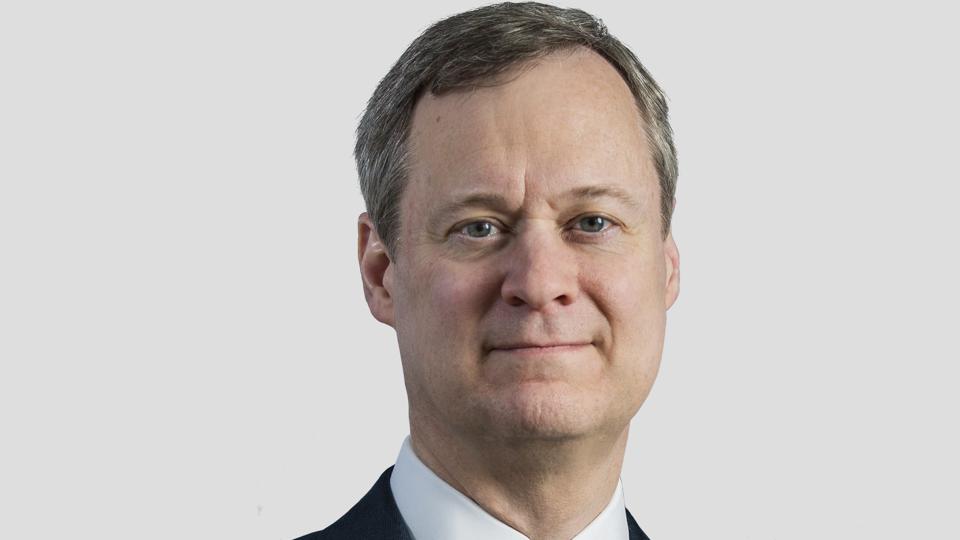Dr Nic Gill is the head of performance for the New Zealand All Blacks rugby team and sits on the performance advisory board of functional fitness gym Fitstop. With a PhD in human performance, Gill claims physical exercise can help you train qualities like discipline and goal setting – and improve your performance in the boardroom.
This story appeared in Issue 8 of Forbes Australia. Tap here to secure your copy or become a premium member.

You train one of the world’s best rugby teams – how do you deal with that kind of pressure?
Pressure is present in any job, career or role. It is also something that affects people in different ways. The focus for me in my role in the All Blacks is to keep things simple and to spend my energy on things within my control. So, my focus is a program that produces results in the areas we want to improve, that is low risk and has a high return. I tend to keep things simple and do them well, day after day. There is pressure and expectation, but we live in that space daily.
What does a typical training day look like for the team?
The typical training day for a professional rugby player consists of a balanced breakfast followed by a good stretch and mobility routine before hitting some meetings to discuss the game’s tactics. Generally, most players would have a field-based session (1-2 hours) and a gym session (1-2 hours).
Improving skills and game understanding on the field and getting bigger, faster, and stronger in the gym are the cornerstones of each day. At the end of a big day, a recovery session is always on the cards and would depend on the load and content of the day.
I am a big fan of ensuring training sessions have a purpose and are enjoyable and educational because this empowers performance. Those are also the key ingredients in the programs I have helped shape at Fitstop.
In your opinion, how much of fitness is a mental game?
A massive part of human performance is an individual’s mindset. It’s often the difference in achievement. What is your why? What will get you out of bed at 5 am to train? What will help you make great food choices and drink enough water? It gives you the dedication, commitment, and discipline to repeat what is required and when.
Mindset plays a huge part in overall performance for a few reasons. First, having a positive mindset will allow you to set clear goals and stay motivated to achieve them. Secondly, resilience: if you can remain positive and adaptable even when things don’t go to plan, you can keep pushing forward towards your goals. Thirdly, self-belief: positive inner dialogue and belief in your abilities can boost self-esteem and enhance performance. And lastly, focus and concentration are essential to help you get through those tough training sessions, stay in your flow state and get the job done.

How do you train athletes to overcome mental blocks?
The key for anyone with mental blocks or hurdles is to recognise them and consider a plan to overcome them. High-performing athletes understand their barriers or limitations and find ways to eliminate them. Recognise the problem, put a plan in place and then execute. Several factors, not just physical, can impact performance. Nutrition and sleep quality can support in breaking down mental stressors and, therefore, maintain performance.
How do you think physical fitness relates to business and success?
In my experience, it’s not a coincidence that the most successful leaders in the world are also physically fit. A great leader requires a sharp mind, discipline, resilience, and strength of character. If you feel sluggish, weak and tired, that is impossible.
To be physically fit, you must work towards a goal by following an exercise regime. You need discipline and determination to do this. This is similar to attributes required for leaders to succeed
in the corporate world.
So, how does a business leader overcome mental blocks?
Every aspirational leader should focus on physical fitness for sustainable success in the corporate world because there are many similarities between being physically fit and successful in business.
When you exercise, you train qualities like determination, discipline, overcoming obstacles, goal setting and resilience. These are all traits that make a successful leader. So, the more you exercise these traits while working out, the more determined, disciplined and resilient you will end up being in the boardroom.
Athletes and successful leaders have many similar traits. When I first met Pete Hull, the founder of Fitstop, I was fascinated by how he had developed an athlete’s training program for the everyday person.
Then I found out that Pete used to be a professional athlete whose career was halted because of an injury. Instead of feeling defeated by this, he thought there might be an opportunity to create a beneficial workout for anyone. I believe he went from an athlete to a successful leader thanks to having successfully trained traits like discipline, overcoming obstacles and resilience during his career as an athlete.

How can fitness, strength, and conditioning help leaders stay on top of their game?
A good leader needs to make decisions quickly, and exercise helps you maintain that sharp mind that can quickly determine the stakes and make a decision. A recent study from the University of Sydney showed that regular strength training can protect your brain and improve cognitive performance. So, a strong body does make a strong mind.
Corporate leaders are under a lot of pressure, and physical activity can reduce stress levels. A study from 2020 showed that participants who have a strength-training regime reported feeling 20% less stressed. Reducing stress levels will help people make better decisions, which is critical to corporate success.
As a leader, you also need confidence, which makes it easier to envision positive outcomes and helps establish trust among teams. Research shows that pushing through tough fitness exercises fosters mental resilience and boosts confidence.
What is non-negotiable in your daily routine to ensure you are productive and performing at your best?
A non-negotiable for me in my role is exercise. It is a must. Exercise gives me energy, confidence, calmness and the feeling of getting so much out of my day.
Is there a characteristic or quality of yourself that you think is underrated by some people?
I think an essential quality of mine that many might underrate is that I deeply care for the athletes I work with. I want to help them achieve great things. I want to ensure that they reach their potential, and if I can play a tiny part in this, I’m a happy coach.
What is the best investment you have ever made?
It’s probably my first bike. I was 16 and paid $199 for it. This investment started my journey in sport, developing a passion for exercise and human performance.
Where would you allocate your time if someone gave you an extra 10 hours? I would invest this time into myself. Sleep two to three hours longer and exercise for an extra hour (but half of this would be mobility-focused). Then I’d do something relaxing, like watching a movie, lying on
the beach, reading, listening to music, playing cards with friends, fishing, surfing, or just chilling with family.
Look back on the week that was with hand-picked articles from Australia and around the world. Sign up to the Forbes Australia newsletter here or become a member here.


